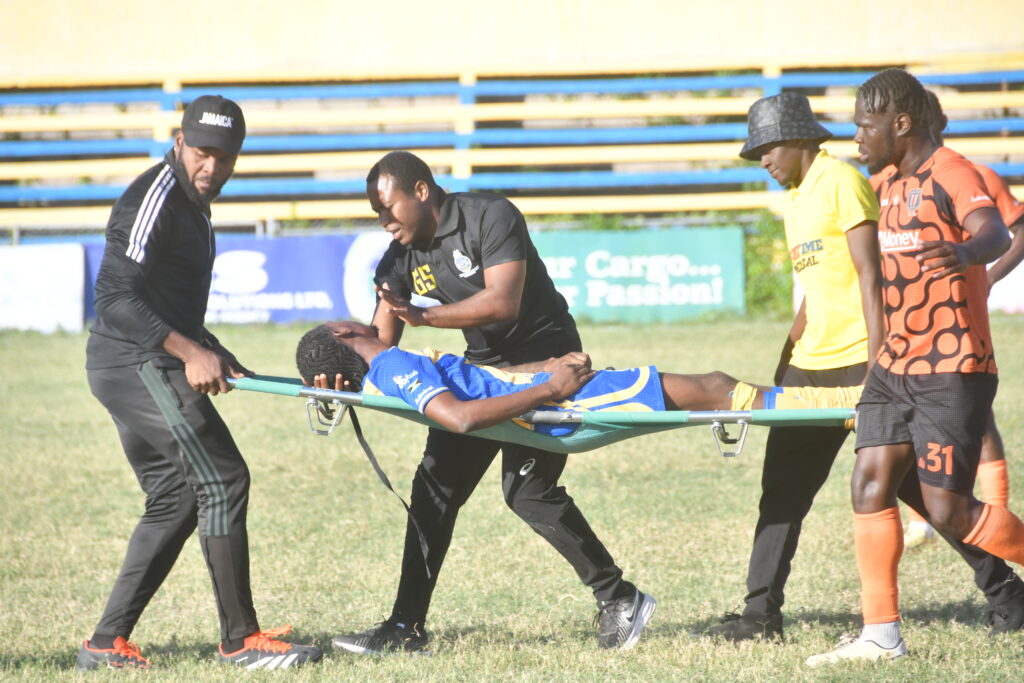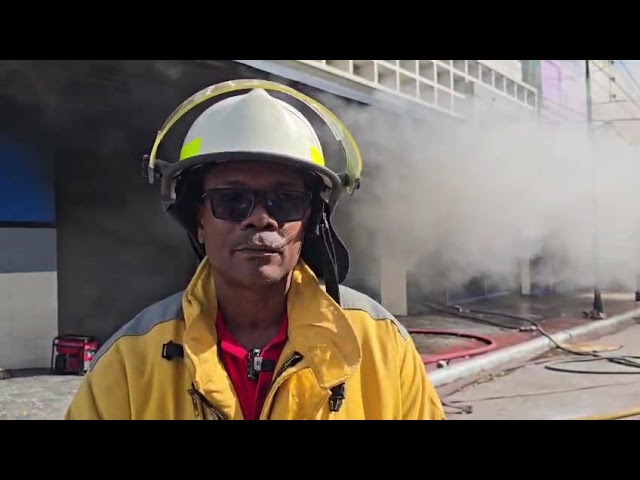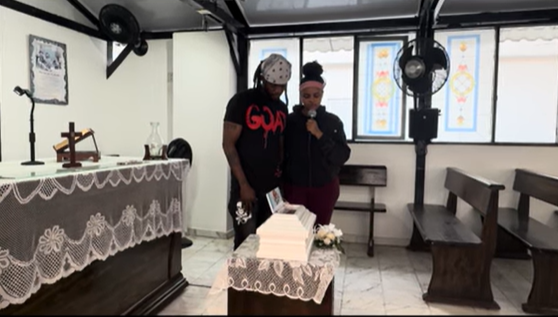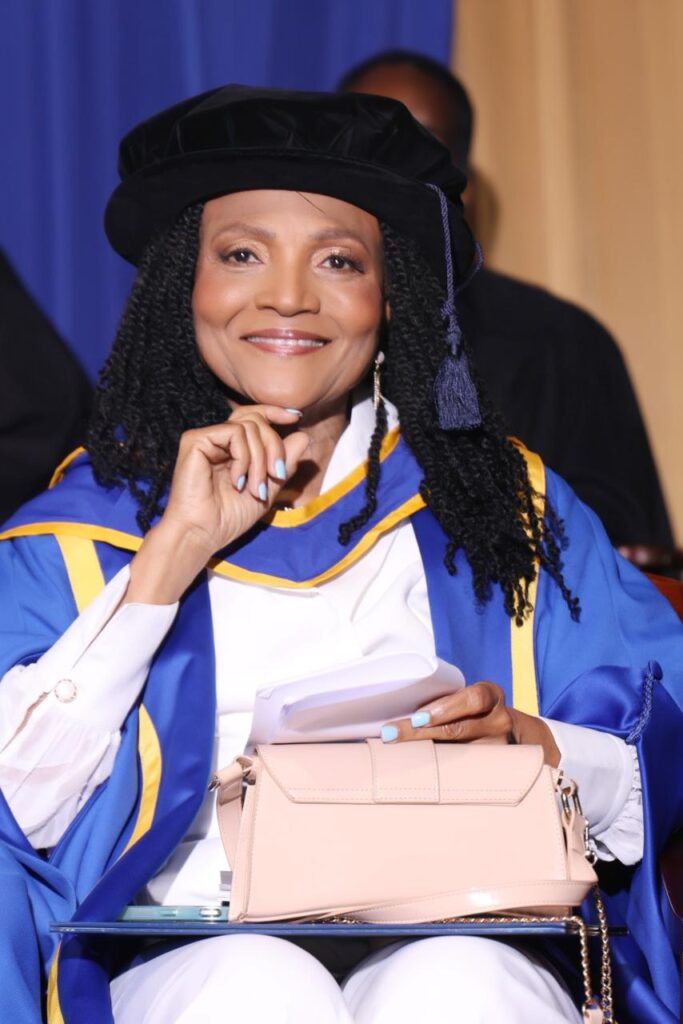In a stunning triumph at the 2024 Grammy Awards, emerging recording artist Keznamdi captured the prestigious Best Reggae Album award for his profoundly impactful work “Blxxd and Fyah.” The victory marked a significant milestone in the artist’s career, representing both his first nomination and first Grammy win.
The thirteen-track album, independently released through Keznamdi Music Group in August 2023, prevailed against formidable competition from established reggae talents. The distinguished nominees included Lila Ike’s “Treasure Self Love,” Vybz Kartel’s “Heart and Soul,” Mortimer’s “From Within,” and Jesse Royal’s “No Place Like Home.” This year’s nomination round notably featured two previous contenders – Vybz Kartel and Jesse Royal, both receiving their second nominations – alongside first-time nominees Lila Ike and Mortimer.
“Blxxd and Fyah” distinguishes itself through its powerful thematic foundation, exploring concepts of struggle, resilience, and personal transformation. The album masterfully merges traditional roots reggae elements with contemporary musical influences, creating a sound that resonates with both classic reggae enthusiasts and modern listeners. Keznamdi’s artistic vision presents a cohesive narrative journey that addresses societal challenges while offering messages of hope and empowerment.
The Grammy recognition represents a significant breakthrough for independent artists within the reggae genre, demonstrating how artist-owned productions can compete with major label releases. Keznamdi’s victory continues the tradition of celebrating reggae music that maintains cultural authenticity while pushing creative boundaries, ensuring the genre’s continued evolution and global relevance.









